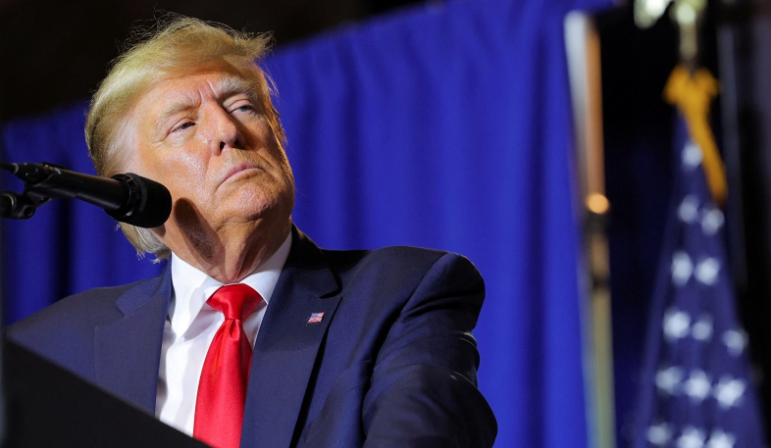
There is a murkiness to a Manhattan federal jury’s head-spinningly quick verdict finding Donald Trump liable for sexual assault and defamation against the former Elle magazine advice columnist E. Jean Carroll.
The jury did not find, even on the modest “preponderance of the evidence” standard applicable in civil cases, that Trump raped Carroll — meaning forcible intercourse — as she alleged. She said the assault happened approximately 27 years ago in a lingerie-section changing room at Bergdorf Goodman, a luxury department store in midtown Manhattan. Yet the jury did find that Trump sexually abused and forcibly touched Carroll, which is sufficient to support the claim of battery under New York law.
Rape was the main allegation in the case. The fact that it wasn’t established to the jury’s satisfaction is naturally being emphasized by Trump apologists as a death blow to Carroll’s credibility and, they suggest, his ticket to having the case thrown out on appeal.
The truth is more complicated. Because so much time elapsed between the time the alleged assault happened in 1996 and when she went public about it in 2019, there could be no forensic corroboration. Nevertheless, pursuant to a ruling by Judge Lewis Kaplan (a Clinton appointee), Carroll was permitted to call two other women, Jessica Leeds and Natasha Stoynoff, who claimed that Trump sexually assaulted and inappropriately touched them, in 1979 and 2005, respectively. Judge Kaplan also permitted the jury to hear Trump’s lewd remarks on the infamous Access Hollywood tape that surfaced during the 2016 campaign. In it, Trump bragged about being sexually aggressive with women. Neither these alleged victim witnesses nor Trump’s recorded remarks suggest that he raped anyone — rather, they draw the line at less heinous though still condemnable forms of assault.










